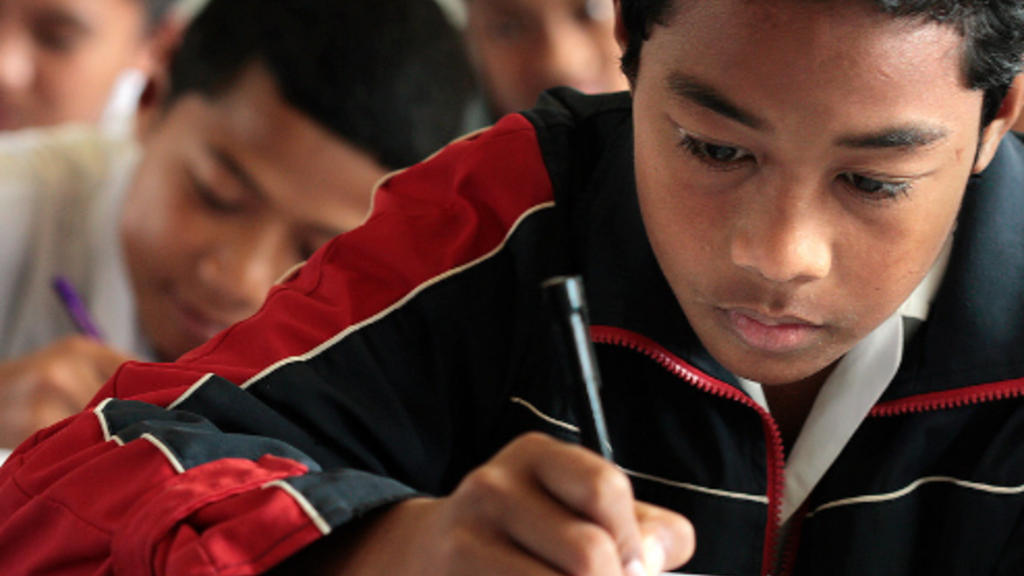
Abundant Ecologies Collaborative
The Abundant Ecologies Collaborative is a digital humanities project that identifies, explores, maps relations, and circulates vernaculars of “abundance” at a time of crisis for the humanities and for the planet at large. In the context of environmental communication, frameworks of abundance name and cultivate environmental relationships that privy values of reciprocity, care, mutual aid, and interdependence. As one of the most urgent existential crises of the 21st century, climate disaster must be named by humanities scholars as a consequence and process of deepening planetary hierarchies. Abundant Ecologies draws from current research in Queer and Disability Studies, Critical Indigenous Studies, critical environmental justice studies, and related areas of situated sustainability and critical place inquiry.
Co-directors: Emerson Cram (Communication Studies and GWSS) and Constance Gordon (Communication Studies, San Francisco State University)

The Effect of Third-Party Presence in Conflict Perceptions
Acknowledging that team conflict episodes often occur in a social context, this group will examine conflict behaviors and perceptions in a natural setting by leveraging a well-established social effect in neuropsychology called the third party observer (TPO) effect. The TPO effect, demonstrating that the mere presence of a third party can affect one’s task performance, reflects the crucial role of social contextual setting in human interaction. By integrating research topics and methodology from the two disciplines, the group will attempt to understand microfoundations of conflict episodes and contextual social effects on team conflict. This interdisciplinary approach to studying conflicts in natural social interactive settings represents a key step forward in developing a unified framework to fully understand the role of social context in conflicts in the workplace.
Co-directors: Semin Park (Management & Entrepreneurship) and Si On Yoon (Communication Sciences & Disorders)

Structural Determinants of Adolescent Mental Health: A Lifecourse Approach
Over three-fourths of all serious mental health disorders in individuals manifest in adolescence and young adulthood, setting the stage for poor achievement, health, and decreased well-being later in life. Mental health disparities by gender, race/ethnicity, and class, which are often shaped by contextual school and neighborhood factors, are also prevalent in adolescence and beyond. With increasing rates of depression and anxiety among adolescents, there is a critical need for interdisciplinary investigations of the structural determinants of adolescent mental health that can highlight the mechanisms through which both school and neighborhood contexts influence health disparities across the life course.
This group will leverage its members' expertise in the structural determinants of health and education disparities to estimate the effect of adolescent mental health (i.e., depression and anxiety) on young adult health outcomes and tease out school- and neighborhood-level characteristics that explain the accumulation of poor health and well-being over the life course.
Co-directors: Shannon Lea Watkins (Community & Behavioral Health) and Maithreyi Gopalan (Education & Public Policy, Penn State University)

Investigating the Impact of Linguistic Complexity on ELL’s State-Mandated Math Test Performance: DIF Analysis
With collaboration of assessment and linguistic experts, this interdisciplinary study examines the impact of linguistic complexity on the performance of English language learners (ELLs) in a state-mandated math test. Unlike the previous research that only compared one large group of ELLs with non-ELLs, this study—with the added understanding of the heterogeneous nature of the ELLs—incorporates the English proficiency test results to group ELLs based on their English proficiency level.
Co-directors: Catherine Welch (Psychological & Quantitative Foundations) and GoMee Park (Teaching & Learning)